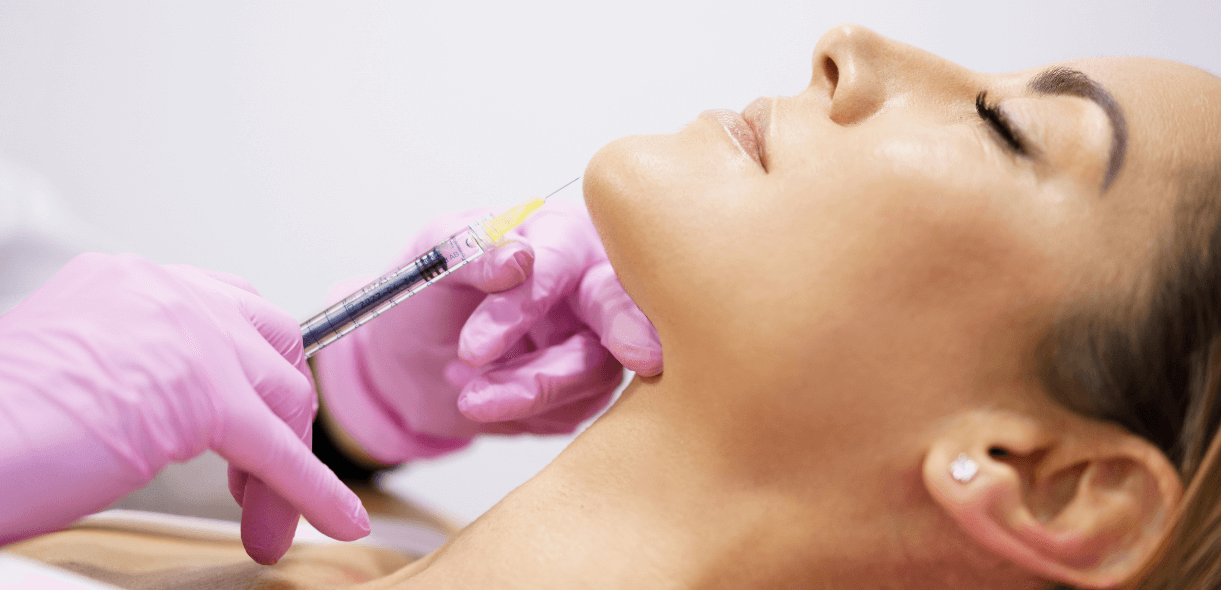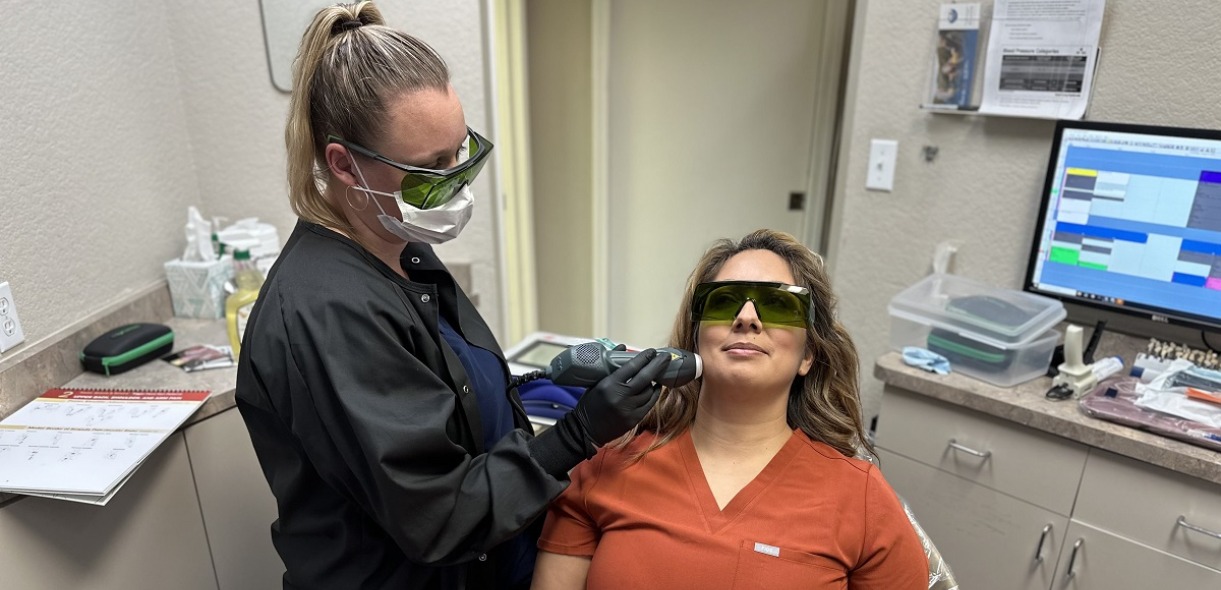Jaw Pain and Beyond: The Underrated Signs of TMJ Disorders

Nearly 10 million Americans struggle with TMJ disorders (TMD). The temporomandibular joint (TMJ) connects the jaw with the skull. Any malfunctioning in this joint causes severe pain, discomfort, and makes life a living hell. While it’s mostly presumed that TMJ disorders cause only jaw pain, but that is far from the truth. Studying thousands of TMD patients has shed light on the fact that signs of TMJ disorders can vary person to person and can include symptoms that no one can even speculate to be due to TMJ issues.
Common but Overlooked Symptoms
- Ear Pain or Fullness – TMJ-associated ear pain often gets misdiagnosed as ear infection or wax buildup.
- Chronic Headaches – Recurring headaches or migraines can result from jaw misalignment.
- Neck and Shoulder Tension – Tight muscles in these regions are a sign of excessive jaw tension.
- Clicking or Popping Sounds – The jaw might produce sounds during opening the mouth or chewing. Such sounds denote jaw joint dysfunction which requires immediate notice.
- Dizziness or Balance Problems – The close location of the TMJ to the inner ear can lead to balance issues in people struggling with TMD.
How TMJ Disorders Impact Daily Life?
- Trouble Chewing – Stiff jaw makes eating or chewing uncomfortable. Many skip meals to get rid of the discomfort faced while eating. It can make them extremely fatigued.
- Facial Pain – Pain can radiate across the temples and cheeks.
- Lockjaw – TMJ disorders can also look like jaw locked into an open or closed position.
- Sensitivity to Teeth – Teeth enamel erosion due to teeth grinding can aggravate TMJ symptoms.
Effects on the Body That Are Not So Well Known
- Tinnitus (Ringing in the Ears) – Inflammation of the TMJ can strain auditory nerves.
- Sinus Pressure – Others may experience facial congestion or constant facial pressure unrelated to allergies.
- Sleep Disruptions – Grinding and jaw tension contribute to disrupted sleep cycle.
- Mood Changes – Constant pain manifests in stress, irritability, and anxiety.
Causes Behind the Symptoms
- Teeth Grinding (Bruxism) – Teeth or jaw clenching cause strain on the TMJ. Long-term effect of such strain is TMD.
- Jaw Misalignment – Bad jaw positioning strains the associated muscles. The longer it goes untreated, the more one might struggle with changes in one’s face shape.
- Arthritis – Inflammatory illnesses influence joint mobility. Lack of on-time treatment can turn TMD into a chronic issue.
- Stress and Anxiety – Tension produces unconscious jaw locking. When it happens in a social setting, one might experience loss of self-confidence.
Treatment of TMJ Disorders in Rocklin
- Splints & Nightguards – Custom-made oral appliances prevent grinding and decrease jaw pressure.
- Physical Therapy – Jaw muscle stretching, strengthening, and isometric exercises enhance jaw function and reduce stiffness.
- Medication Options – Anti-inflammatory medications provide relief from pain.
- Lifestyle Changes – Stress reduction and a diet of soft foods relieve symptoms.
- Laser Treatment & Botox Therapy – Relaxing overactive jaw muscles and using low-level laser therapy (LLLT) help TMJ joint heal and minimize inflammation.
Neglecting TMJ symptoms makes long-term health worse. Early treatment and diagnosis bring relief before complications become severe. Individuals with jaw pain, headaches, or ear pain should visit an expert. Patients can get rid of signs of TMJ disorders in Rocklin with the right care strategy.
Call us today to arrange for an assessment and discuss treatment plans.




